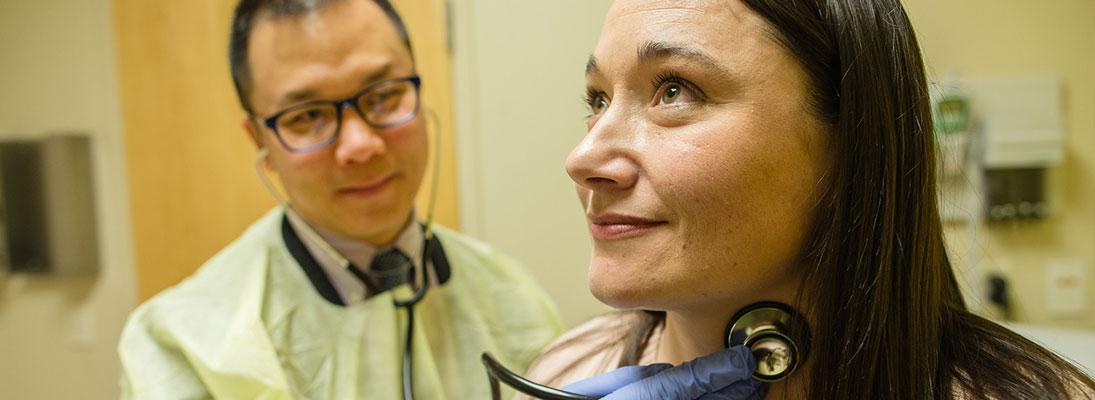
Frequently Asked Questions about Minimally Invasive Hysterectomy
It depends on your age and ovarian status. After a hysterectomy, most women take hormones until their early fifties, but the number drops to about 10% after that. The decision for or against HRT is an individual one, and your surgeon will help you make that choice.
Studies indicate that women thrive sexually and emotionally after having a hysterectomy. A study of 1,299 Maryland women found they had sex more regularly after surgery.
- 71% had resolution of their previously low libido
- 84% had resolution of pain during intercourse
- 65% who had few or no orgasms before surgery, noted easier, stronger and more frequent orgasms after
No. A study of more than 27,000 women confirmed that hysterectomy does not increase the risk of bladder leakage (65% vs. 63%), prolapse of the bladder (32% vs. 33%) or prolapse of the rectum (19% vs. 18%). You might someday experience any of these conditions, but having children, smoking and obesity are the strongest risk factors associated with incontinence and prolapse.
No. Your sense of femininity is in your brain, heart and soul. No surgery can alter that. Others will know you have had a hysterectomy only if you tell them.
1 Rhodes et al, Hysterectomy and sexual functioning, JAMA, 1999
2 Hendrix, AJOG, 2002, Hendrix, JAMA, 20
We use cookies and other tools to optimize and enhance your experience on our website. View our Privacy Policy.

